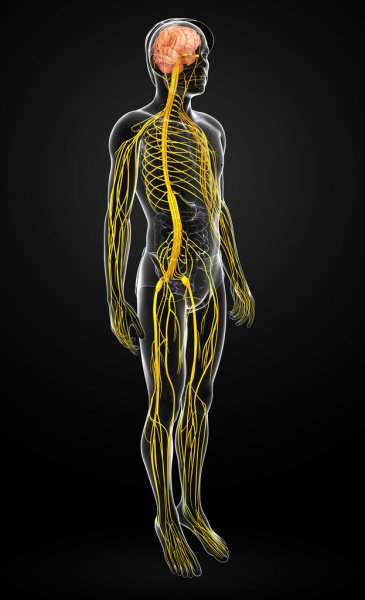[TIMES OF EDUCATION GK]
ACCLIMATIZATION:
Is the progressive physiological adjustment or adaptation by an organism to a change in an environmental factor, such as temperature, or in conditions that would reduce the amount of oxygen to its cells. This adjustment can take place immediately or over a period of days or weeks. For example, the human body produces more erythrocytes (red blood cells) in response to low partial pressures of oxygen at high altitudes; short-term responses include shivering or sweating in warmblooded animals.
ACCOMMODATION:
The automatic reflex adjustment that allows the focal length of the lens of an eye to change to focus on an object. The lens shape, more convex for near objects and less convex for distant objects, is caused by ciliary muscles acting on the elastic property of the lens.
Acetylcholine (ACH):
One of the most common neurotransmitters of the vertebrate nervous system, ACh is a chemical (CH3COOCH2CH2N+(CH3)3) that transmits impulses between the ends of two adjacent nerves or neuromuscular junctions. Released by nerve stimulation (exciting or inhibiting), it is confined largely to the parasympathetic nervous system, where it diffuses across the gap of the synapse and stimulates the adjacent nerve or muscle fiber. It rapidly becomes inactive by the enzyme cholinesterase, allowing further impulses to occur.
Acetyl CoA:
A compound formed in the mitochondria when the thiol group (–SH) of coenzyme A combines with an acetyl group (CH3CO–). It is important in the Krebs cycle in cellular respiration and plays a role in the synthesis and oxidation of fatty acids. Fritz Albert Lipmann (1899–1986), a biochemist, is responsible for discovering coenzyme A and cofactor A, or CoA (A stands for acetylation), in 1947. He shared the 1953 Nobel Prize in physiology or medicine with HANS KREBS.
Subscribe Our WebBlog
And FOLLOW US ON FACEBOOK:
https://www.facebook.com/timesofeducationgk/
More Posts are in pending
We will do our best to present you information.
Acetyl CoA:
A compound formed in the mitochondria when the thiol group (–SH) of coenzyme A combines with an acetyl group (CH3CO–). It is important in the Krebs cycle in cellular respiration and plays a role in the synthesis and oxidation of fatty acids. Fritz Albert Lipmann (1899–1986), a biochemist, is responsible for discovering coenzyme A and cofactor A, or CoA (A stands for acetylation), in 1947. He shared the 1953 Nobel Prize in physiology or medicine with HANS KREBS.
Subscribe Our WebBlog
And FOLLOW US ON FACEBOOK:
https://www.facebook.com/timesofeducationgk/
More Posts are in pending
We will do our best to present you information.





0 Comments